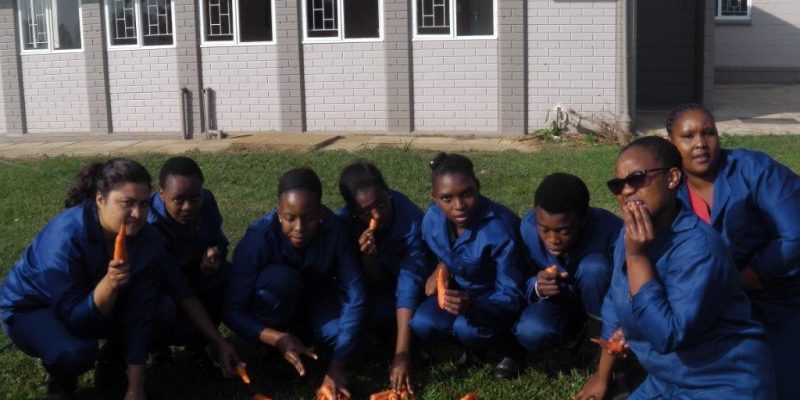As companies face increasingly competitive markets, a diverse workforce is a critical driver of innovation, resilience, and long-term success. Integrating employees with disabilities is a particularly impactful dimension of diversity, providing unique perspectives and skills that enrich the workplace while enhancing organisational performance.
Diversity Drives Innovation and Performance
Numerous studies underscore the benefits of workplace diversity. McKinsey research shows that companies with high levels of diversity are 35% more likely to outperform competitors financially, while the Boston Consulting Group finds that diverse management teams achieve 19% higher revenue.
Harvard Business Review also notes that organisations embracing diversity are 70% more likely to capture new markets. These statistics are not just global; South African businesses are increasingly recognising similar trends. Teams that include employees with disabilities bring fresh problem-solving approaches and alternative perspectives, often leading to innovative solutions that might otherwise be overlooked.
Consider the value that employees with disabilities contribute to decision-making. A team that includes individuals who navigate the world differently, whether due to visual, auditory, or mobility challenges, often approaches problems from unique angles. Their lived experiences can reveal potential inefficiencies, inspire creative ideas, and highlight overlooked opportunities. In effect, disability inclusion strengthens operational outcomes.
For small and medium enterprises (SMEs), which employ a significant portion of South Africa’s workforce, the economic benefits are equally clear. Inclusive hiring opens access to a previously underutilised talent pool, estimated at 15% of the global population. By tapping into this resource, businesses gain committed, capable employees while simultaneously improving innovation and productivity.
Benefits to Employees and Company Culture
Beyond business performance, disability inclusion positively impacts workplace culture and employee engagement. Inclusive environments build respect, collaboration, and psychological safety, allowing all employees to contribute fully. Studies show that employees are more likely to remain loyal to companies where they see fairness and inclusion modelled consistently. This retention benefit is particularly important in South Africa’s competitive labour market, where retaining skilled employees is essential for growth.
Employees in diverse teams also benefit from enhanced learning opportunities. Working alongside colleagues with different abilities and perspectives encourages empathy, problem-solving, and communication skills. It creates a culture where knowledge sharing is organic, and team members are more adaptable, a critical advantage in an era of rapid technological change and digital transformation.
Legal compliance and reputation
South African legislation, including the Employment Equity Act and the Promotion of Equality and Prevention of Unfair Discrimination Act, encourages the employment of people with disabilities. Consumers increasingly value socially responsible brands; research shows that companies prioritising diversity and inclusion attract loyalty, favourable media attention, and enhanced trust from clients.
In a society increasingly focused on equity and social impact, disability inclusion also strengthens brand reputation. Businesses that visibly embrace inclusivity signal their commitment to fairness, ethical practices, and social development. For employees and clients alike, this positions the company as a forward-thinking, desirable place to work and engage with.
Implementing effective disability inclusion strategies
Creating a truly inclusive workplace demands action. Organisations can begin by conducting accessibility audits, ensuring that physical and digital environments are navigable and supportive. Training programs that sensitize staff to disability awareness foster understanding and collaboration.
Flexible work arrangements, such as remote working or adjustable hours, accommodate diverse needs without compromising productivity. Mentorship initiatives provide guidance and career development for employees with disabilities, while continuous feedback mechanisms ensure policies evolve with employees’ needs.
The focus on inclusive workforces is set to grow. Companies that fail to adapt risk missing out on critical talent and market opportunities, while those that prioritise inclusion gain resilience, creativity, and long-term competitive advantage. For SMEs and larger corporations alike, disability inclusion is no longer optional; it is central to building sustainable, innovative, and socially responsible businesses.
By committing to meaningful inclusion, organisations create workplaces where every individual, regardless of ability, can thrive and contribute to collective success.









